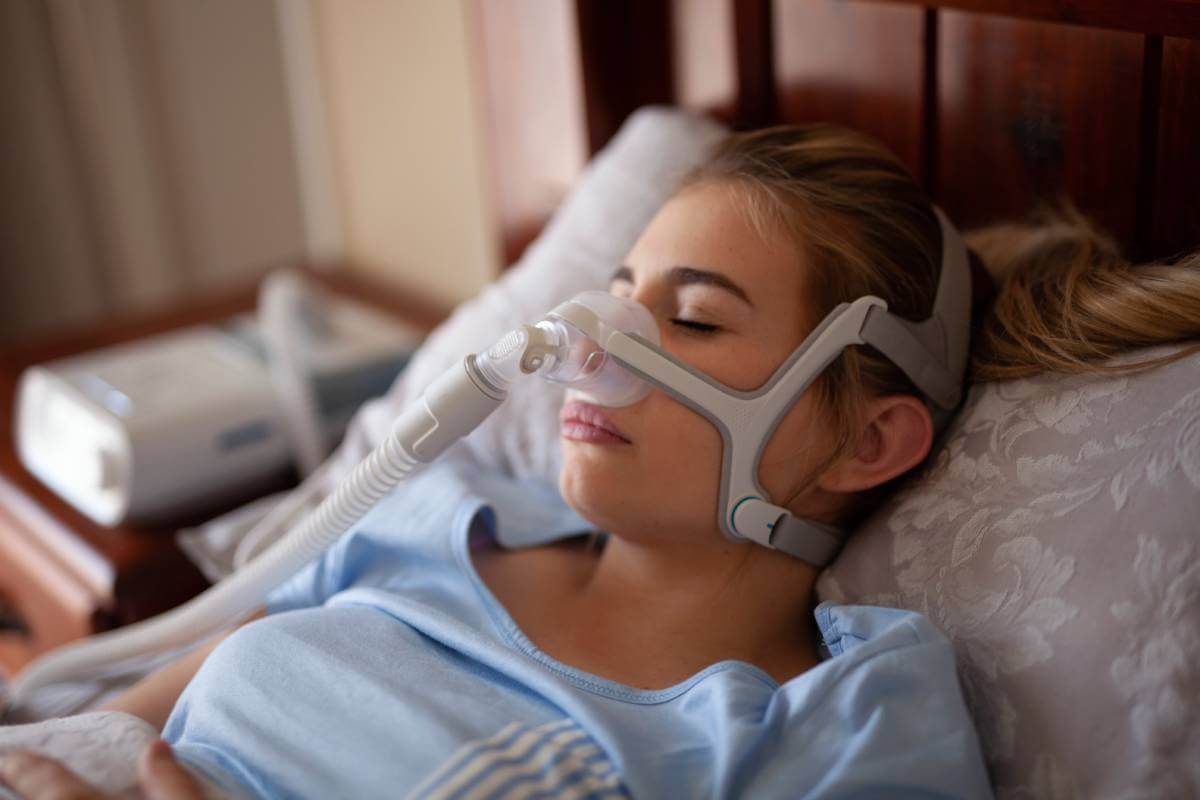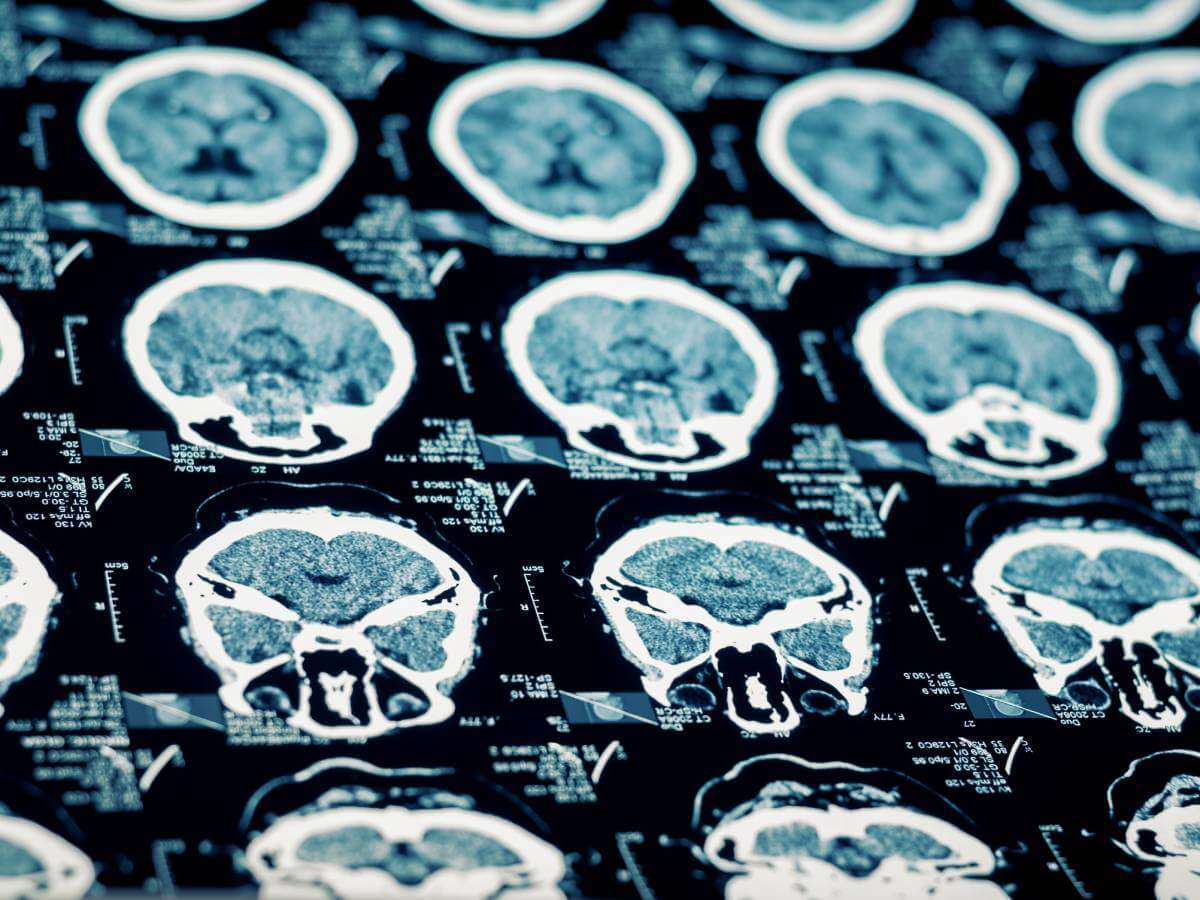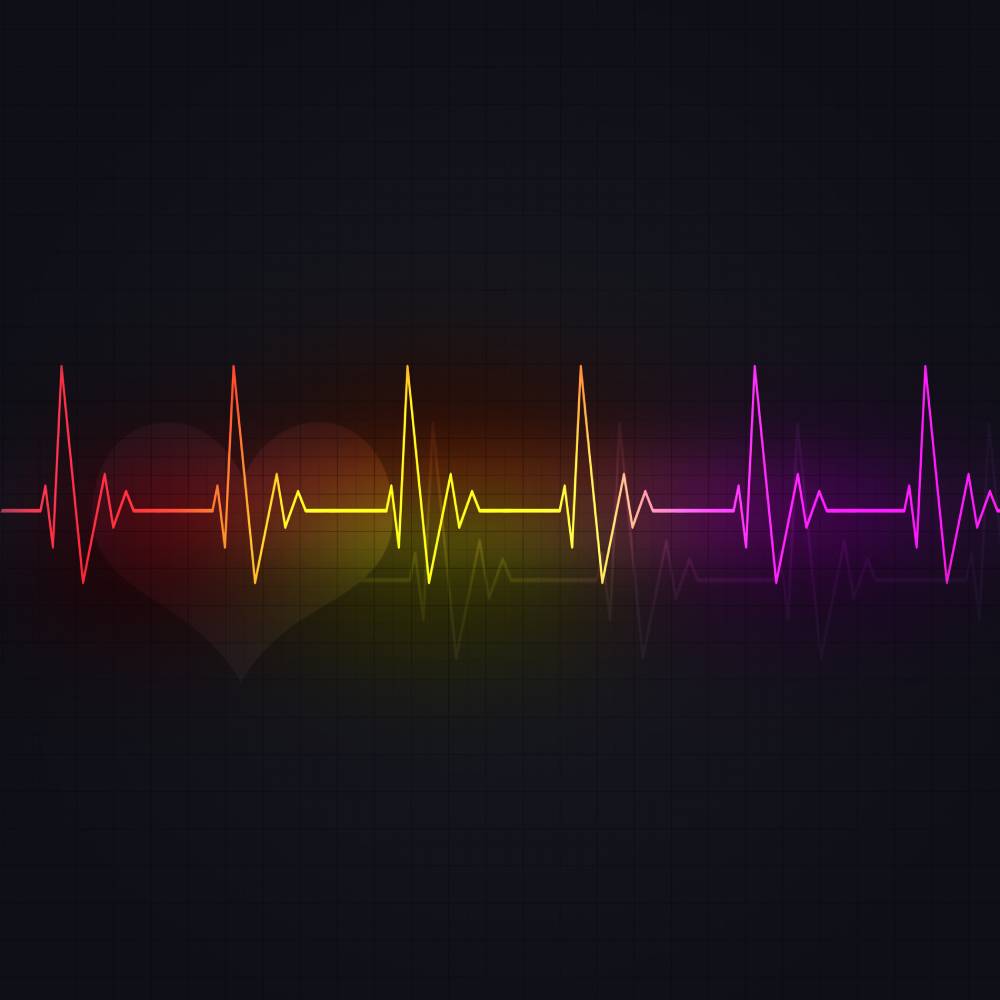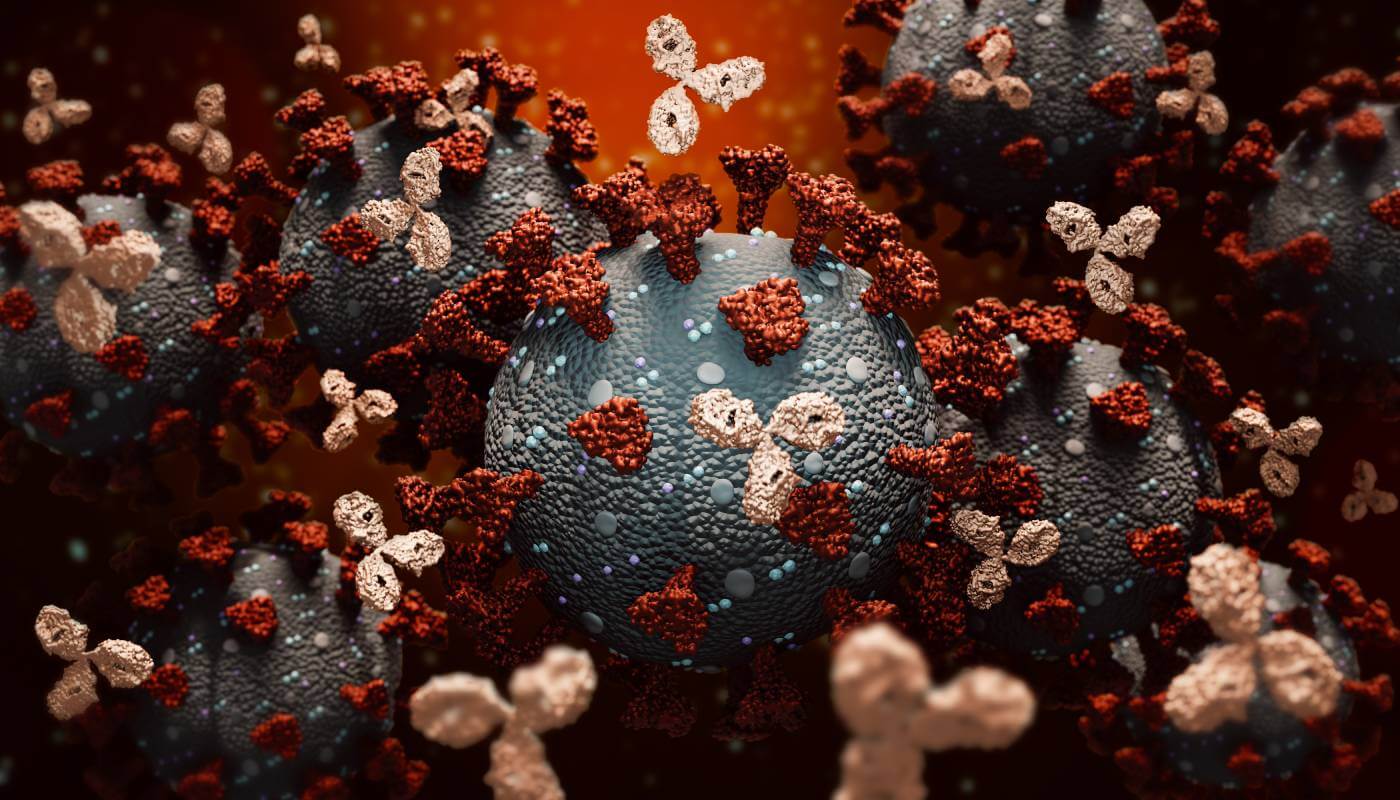
Effects of COVID-19 on Pregnancy
COVID-19 has been a prevalent and disruptive part of life for over two years. It has taken millions of lives

COVID-19 has been a prevalent and disruptive part of life for over two years. It has taken millions of lives

Obstructive sleep apnea is a prevalent condition which significantly affects the quality of life for up to 38 percent of

Cancer is a leading cause of morbidity and mortality in the US. Each year, there is roughly 1 new case

Acute brain injuries, such as trauma or ischemic and hemorrhagic stroke, are critical conditions in clinical settings which are often

As the world enters year three of the COVID-19 pandemic, it is still unclear how close the finish line is.

An arrhythmia is an abnormal heart rhythm that occurs when the electrical signals that coordinate the heart’s beats don’t function

Wrong-site surgery encompasses all surgical procedures performed on the wrong patient, the wrong body part, or the wrong side of the

Since the outbreak of the SARS-CoV-2 pandemic in 2019, nearly 300 million people around the world have been infected with

When prescribing medical treatments, a physician must strike a careful balance. On the one hand, physicians must not neglect to

An increasing proportion of people today have inherited, acquired, or induced immunodeficiencies [1]. The term “immunocompromised” refers to an immune

During the COVID-19 pandemic, remote healthcare has often been the only possible form of non-emergent care provision to patients. Estimates

Over the last century, advances in clinical immunology have led to the rise of immune globulin therapy in the treatment

Endometrial ablation (EA) is used as a treatment for abnormal uterine bleeding (AUB) or heavy menstrual bleeding (HMB). The procedure

Health information exchange (HIE) reflects the electronic mobilization of healthcare data across disparate healthcare organizations. In so doing, the goal

The branch of medicine known as predictive therapeutics entails a variety of practices and tools that aim to predict the